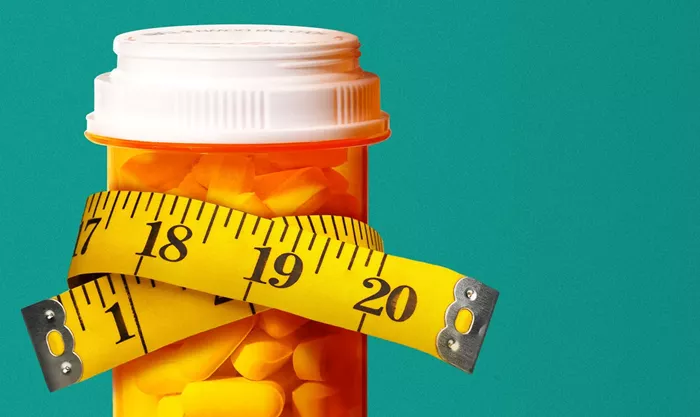Obesity is no longer just a health problem; it has become an economic crisis. In the UK, 3.4 million people are clinically obese. They cost the NHS £19 billion a year and the wider economy £98 billion. This amount is nearly equal to what the UK spends on schools and defense combined.
Some say treating obesity will bankrupt the NHS, but the real threat is obesity itself. It drives up costs in social care, heart disease treatment, and more. The health watchdog NICE has approved obesity treatments as cost-effective. We should focus on the savings these treatments can bring.
Obesity also harms productivity. New research shows wider access to weight-loss drugs could add £4.5 billion to the British economy. Leaders, including the Prime Minister and Health Secretary, have praised these drugs for their economic benefits. The Treasury is now studying their impact in detail.
However, access to these drugs is limited. Only about 35,000 people receive them through the NHS, even though millions qualify. Despite success in helping patients, some NHS parts want to restrict these treatments more.
The UK cannot waste this chance. The upcoming NHS 10 Year Plan must aim to expand obesity treatments boldly. These medicines improve health and boost the economy. They are already helping thousands and could help millions more.
If the NHS wants to prevent disease effectively, it must scale up proven treatments now, not wait for future solutions.
At the recent European Congress on Obesity, experts confirmed these drugs work. They help people lose weight, lower risks for cancer and Type 2 diabetes, and get people back to work.
At Oviva, we offer the Wegovy jab on the NHS to patients who need it but can’t afford it otherwise. Our patients lost an average of 8.5% of their body weight in six months. Many come from deprived areas, some need psychological support, and a notable number were unemployed. Limiting treatment access will hurt these vulnerable groups most.
But weight-loss drugs alone are not enough. For the NHS to see real benefits, patients need help to build healthy habits. When patients stop the drugs, they often regain weight because appetite returns. Services with few patient contacts see worse results. Better support means better long-term outcomes and cost savings.
We need more NHS programs that combine care from endocrinologists, nurses, dietitians, psychologists, and health coaches. Obesity is not just a lifestyle choice. It is the second leading cause of cancer and a major risk factor for heart disease, stroke, and diabetes.
The government must quickly expand weight-loss treatments. Doing so will fight the UK’s obesity crisis, strengthen the economy, and reduce pressure on the NHS.
Related Topics:
Sumo Wrestler Shares How He Lost 100 Pounds in 8 Months


